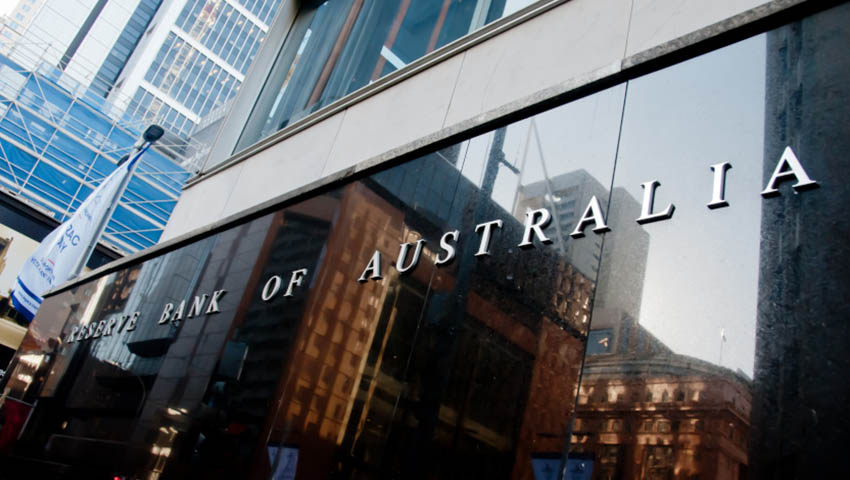Why your mortgage could get cheaper after next week

Comparison website Finder’s panel of experts are largely in agreement that a rate cut will occur in June, with 91 per cent of experts predicting the move down to 1.25 per cent.
The survey revealed 32 of the 35 economists believe a 25 per cent decrease will be announced after Tuesday's budgetary meeting.
“We can be fairly certain of the direction the cash rate will take in June – the writing is on the wall. However, the questions we need to ask are: how much will they cut by, and how many cuts will follow this one?” said Graham Cooke, insights manager at Finder.
According to the experts, 60 per cent predict the cash rate will go as low as 1 per cent before rising again, while 33 per cent see it declining to 0.75 per cent, or even lower.
What are the odds?
While there's a crowd of economists predicting a cash rate cut, some data analysts think the central bank could hold out for a little bit longer.
Analysis by CoreLogic research analyst Cameron Kusher has found that while he believes a rate cut is likely on 4 June, there is still the possibility that the interest rate will be on hold for yet another month.
“People love to tell me that housing isn’t the economy, and they’re right it isn’t; however, it is the largest single asset class in the country and thereby pretty important to the health of the economy,” Mr Kusher said.
The last month has seen three events that would dictate a positive housing market in the near future, according to the research analyst: the Liberal government holding power and eliminating the uncertainty of capital gains tax and negative gearing changes, APRA’s intent to change serviceability calculations on new mortgages, and RBA governor Philip Lowe announcing in a speech that interest rates would see a decline at some point.
“All three of those items are overall a positive for the housing market,” Mr Kusher said.
“It is important to note that items two and three have not yet happened, so anyone now buying could have bought pre-election but chose not to.
“To me, that indicates a concern around policy changes proposed by the party perceived as most likely to win the election.”

